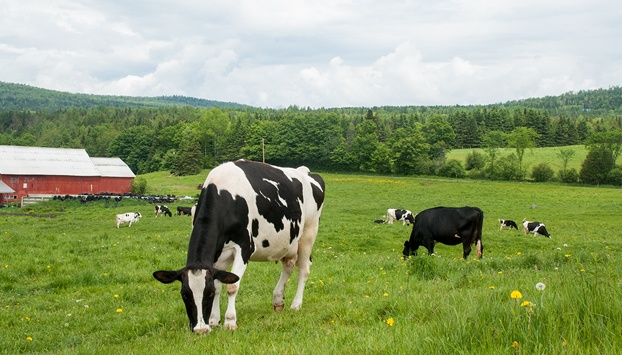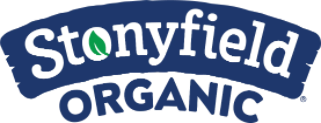How do artificial hormones and antibiotics figure into milk? (They don’t on organic farms!)
August 27, 2013
webmaster@push10.com

The organic farmers who provide us with milk for our yogurts don’t treat their cows with artificial hormones or antibiotics. Instead, they keep their cows healthy and productive by providing them with optimal living conditions and low-stress lives. And we think that’s just sensible and humane.
But let’s back up. What’s this about health and productivity?
Antibiotics
On many nonorganic farms, cows live in crowded, unsanitary conditions and have few opportunities for exercise—all of which makes them more prone to health problems. To maintain herd health under these conditions, farmers will treat cows with a regular regimen of preventative antibiotics.
This practice is so common and done on such large scale that more than 65% of all antibiotics used in the U.S. are given to farm animals. This widespread use of antibiotics can lead to the development of antibiotic-resistant “super bugs,” which are a growing threat to human health.
Cows on organic farms, on the other hand, spend at least 120 days per year on pasture, where they graze on nutritious pasture plants, exercise and socialize. When inside, organic cows enjoy clean, dry bedding and appropriate temperatures and breathe well ventilated and circulated air.
These healthy living conditions required on organic farms make preventative antibiotic treatment unnecessary. Of course, the USDA also doesn’t allow antibiotics in organic farming.
Artificial hormones
And then there’s the productivity piece.
Non-organic dairy farmers could inject their cows with artificial growth hormones (rBST, rBGH) to boost milk production. (Other artificial hormones are used to enhance breeding, and others to boost the weight of beef cattle.)
Prohibited in Canada, Japan, Australia, New Zealand and the 27 countries of the European Union, rBST increases the risk of udder infections by 25% and the risk of lameness by 50%. We don’t think treating cows with rBST is humane. But it’s also not a healthy way to treat people.
Increased cow infections could lead to increased antibiotic use, which, as we already mentioned, could result in new strains of antibiotic-resistant bacteria that infect people.
Instead of using rBST, organic dairy farmers increase milk production safely and humanely through sound animal husbandry—good animal hygiene, optimal living conditions, and nutritious pasture, hay and feed.
